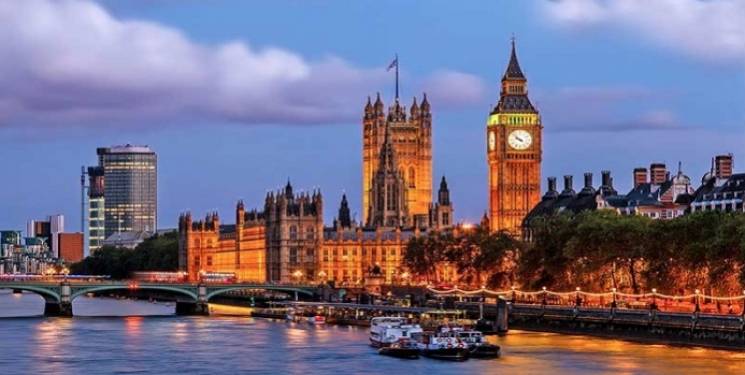UK: Osborne plans cut taxes corporations after Brexit

The UK intends to reduce the rate of tax to 15 percent the company, to encourage companies to invest in British islands even during the transition phase that will exit the European Union.
The Chancellor of the United Kingdom, George Osborne, was to declare it in an interview with the Financial Times; after participating in the campaign for the Remain, Osborne has accepted the result and is now focused on reducing the risks of adverse effects: "Now we must be part of a great national effort to make things work for the British people."
Currently, the UK granted a tax rate for companies to 20 percent, with an already planned to cut 19 percent in April and 17 percent in 2020. Without providing details on the timing of the next tax cut to 15%, he has assured that the project will go on to reassure investors still shocked by the victory of Brexit.
The proposed Osborne involves cutting corporate taxes in the United Kingdom at a level closer to that imposed by Ireland at 12.5 percent, a decision which would result in the safe reaction of Germany. In 2015, the average rate for corporate taxes in the top 20 economies in the world was 28.7 percent, according to the Oxford University Center For Business Taxation.
Before the referendum, Osborne warned that the victory of Brexit forced him to announce an emergency budget with spending cuts and tax increases. For now, this project has been put aside, even if the Treasury believes that the downward revisions to the forecasts of the economy at the end of the year may result in the return of the project on the agenda. Osborne also announced the abandonment of the plan to achieve a budget surplus by 2020, saying that the likely impact on the economy Brexit makes the unattainable goal.

